Chronological Understanding
Sequencing, events, stories, pictures and periods over time to show how different times relate to each other and contribute to a coherent understanding of the past. You don’t have to teach topics in chronological order but need to relate the topics you teach to their chronological context.
-

Elizabethan times: Just banquets and fun?
ArticleClick to view -

To boldly go: exploring the explorers
ArticleClick to view -
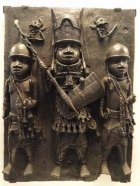
Why stop at the Tudors?
ArticleClick to view -

Here comes the ‘60s
ArticleClick to view -

Having fun through time
ArticleClick to view -

Learning about the past through toys and games
ArticleClick to view -

So was everyone an ancient Egyptian?
ArticleClick to view -

How do pupils understand historical time?
ArticleClick to view -

Our Iron Age challenge
ArticleClick to view -

Poverty in Britain: A development study for Key Stage 2
ArticleClick to view -
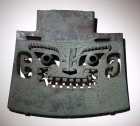
Searching for the Shang in Shropshire
ArticleClick to view -
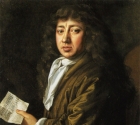
KS1: Teaching about significant individuals
ArticleClick to view -

Ancient Sumer
ArticleClick to view -

From Home to the Front: World War I
ArticleClick to view -

Pull-out Posters: Primary History 69
ArticleClick to view -

Viking and Anglo-Saxon struggle for the kingdom of England
ArticleClick to view -

Assessment and Progression without levels
ArticleClick to view -
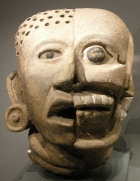
The Maya: a 4,000-year-old civilisation in the Americas
ArticleClick to view -
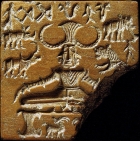
Investigating the Indus Valley (2600-1900 B.C.)
ArticleClick to view -
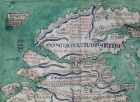
Britain's settlement by Anglo-Saxons and Scots
ArticleClick to view

